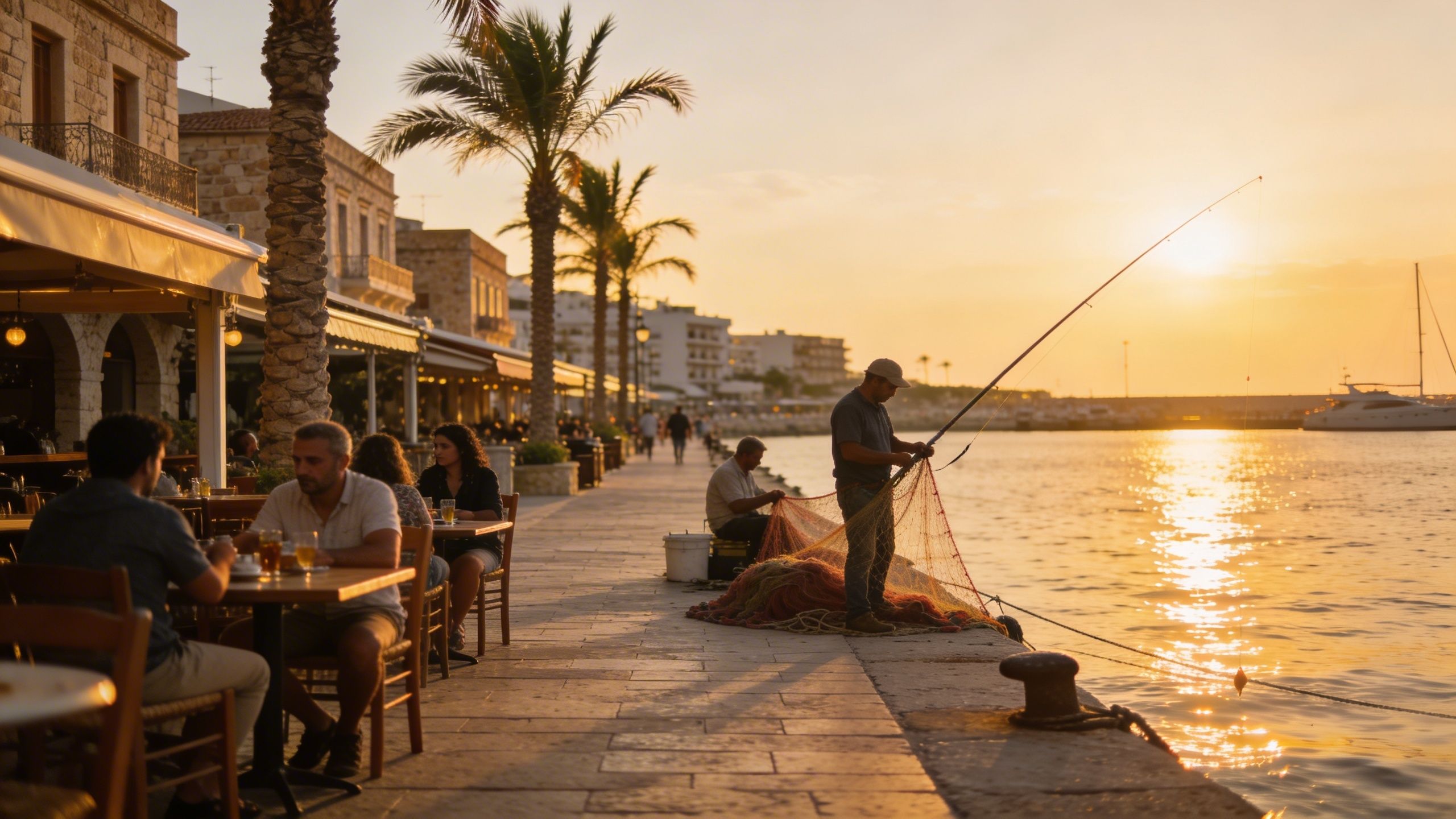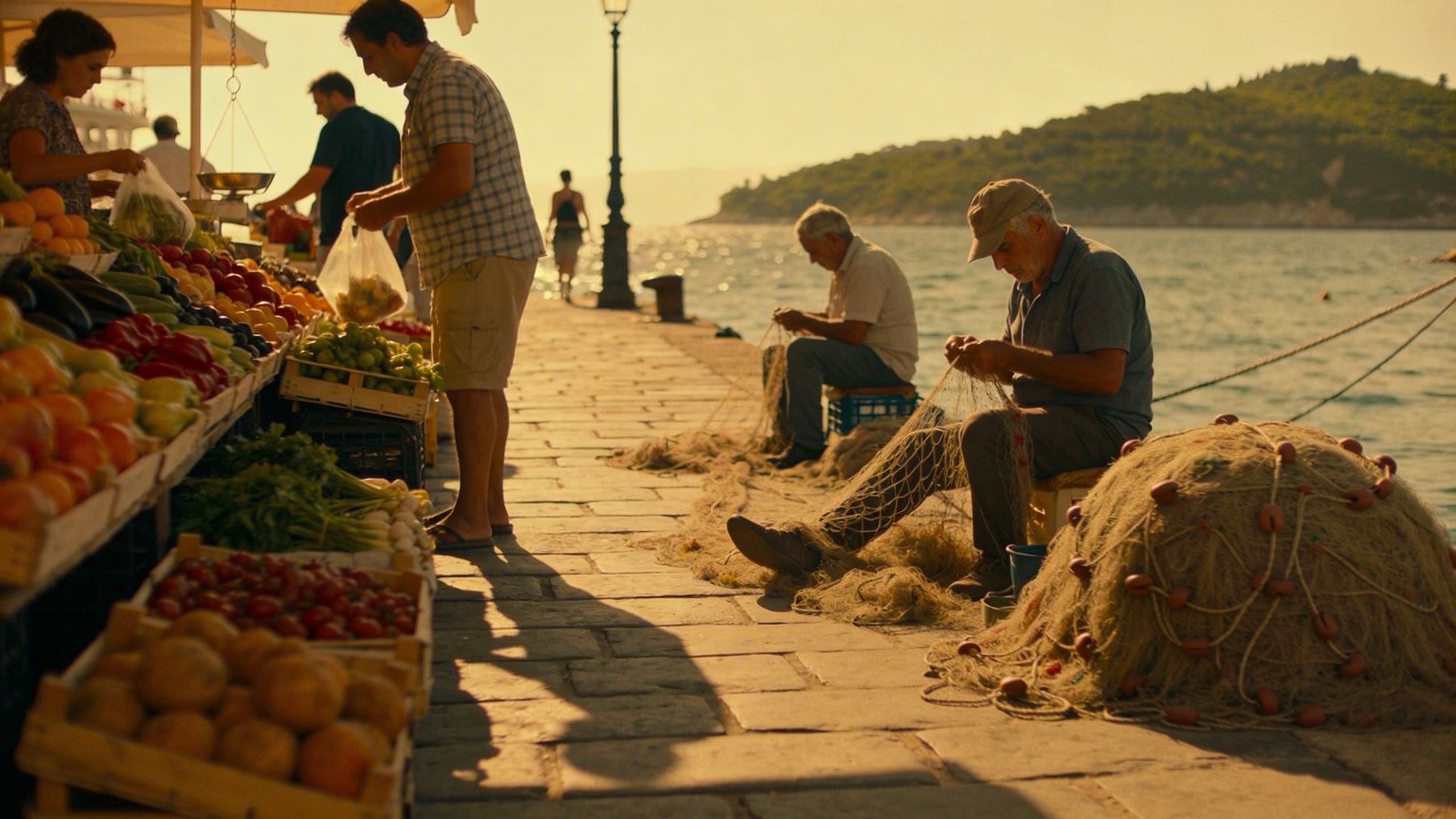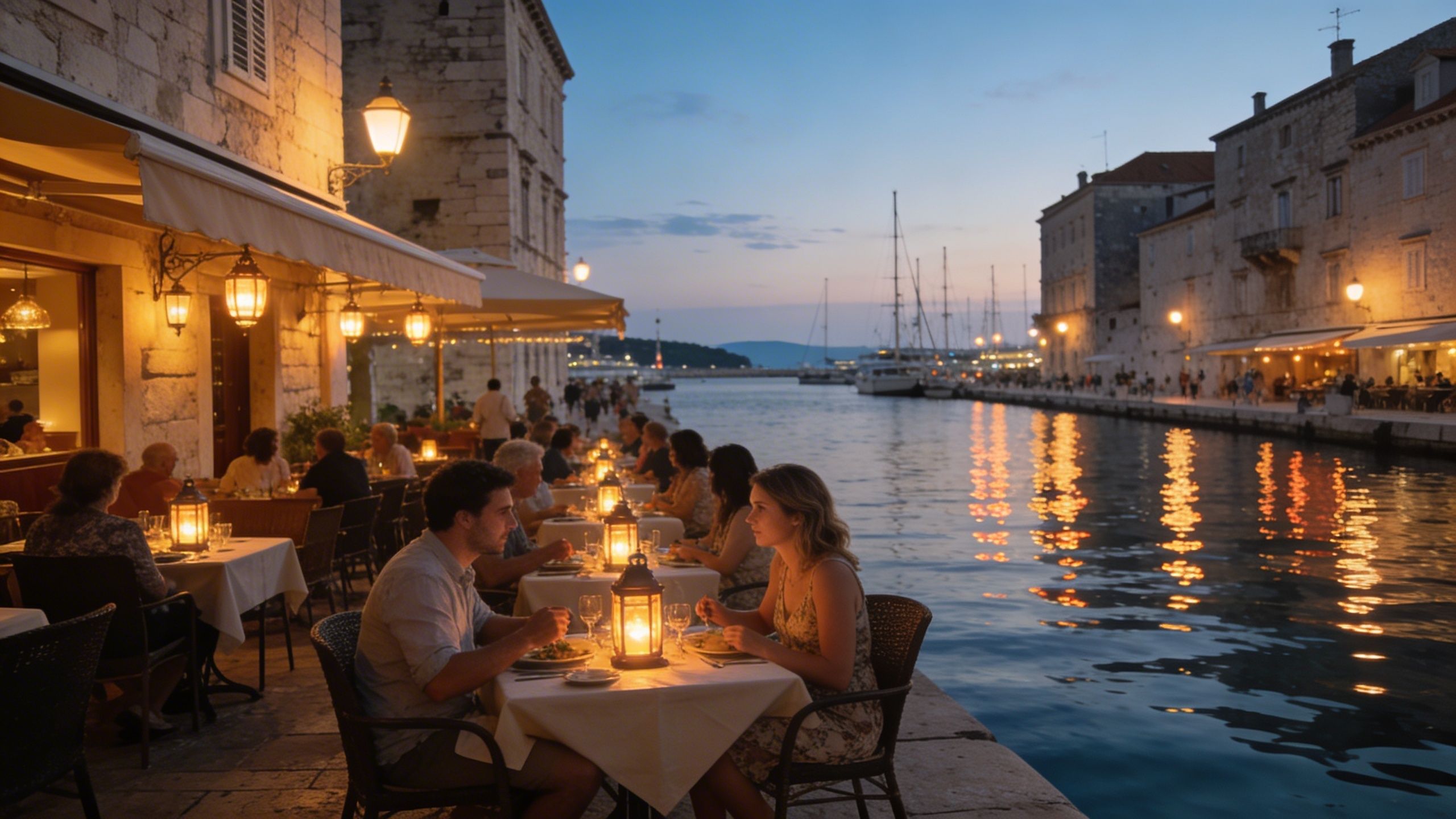Insurance, Taxes and Buyer Protections in Croatia
Practical counsel for buying and protecting property in Croatia: tax distinctions, surveys, tailored insurance and local approvals to preserve lifestyle and value.
Imagine a morning in Zagreb’s Gornji Grad: light through limestone façades, a small café steaming with espresso, bicycles threading between tram lines and a church bell marking the hour. For many international buyers that scene is the promise—a life defined by neighbourhood rituals and Adriatic afternoons in Dalmatia. Yet that promise rests beside technical realities: taxation, title searches, insurance cover and buyer protections that differ materially from other European markets. Understanding these legal and financial guardrails protects the lifestyle you seek and preserves the long‑term value of a Croatian property.
Living the Croatian life
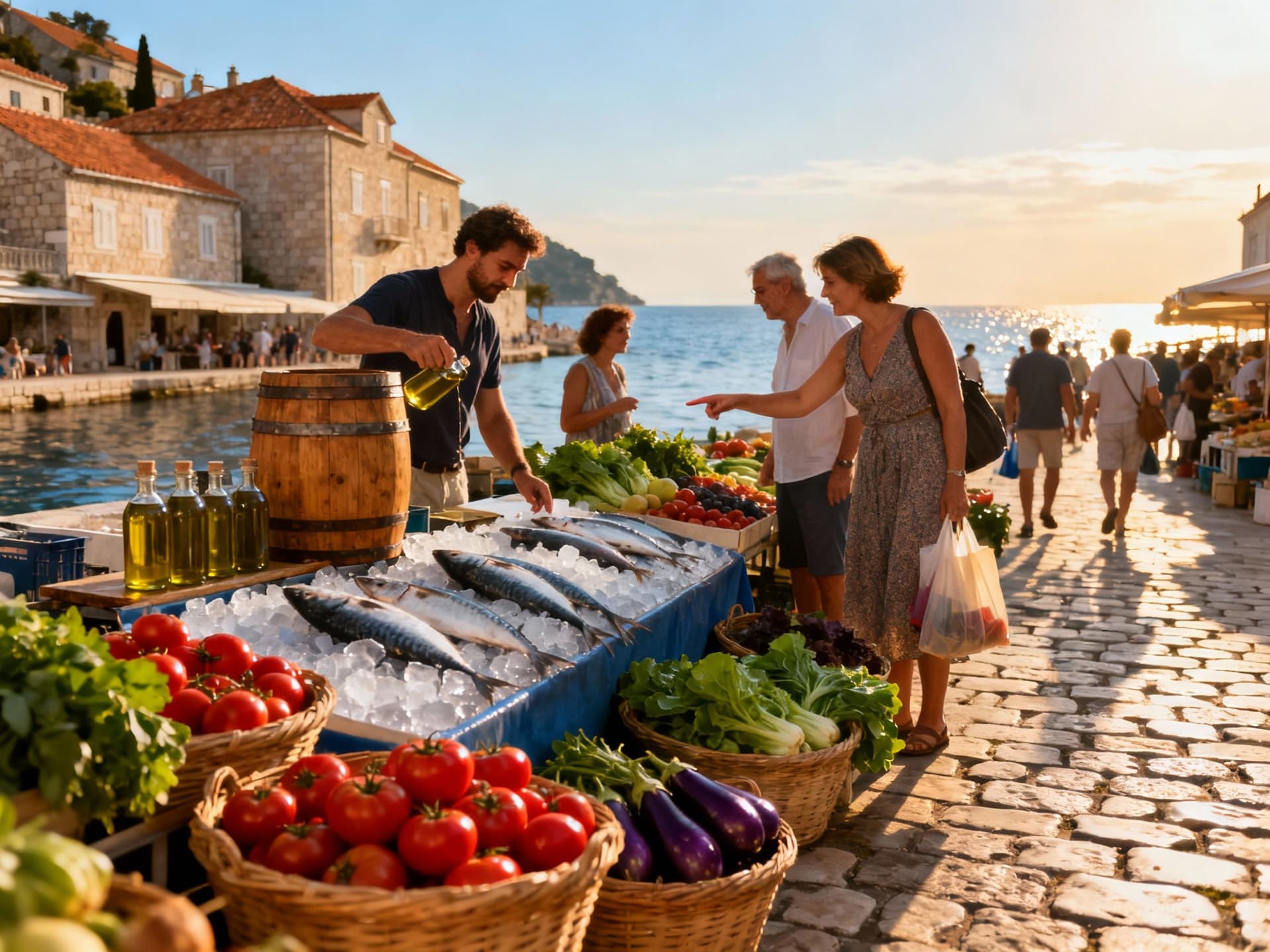
Croatia’s daily rhythms move with the seasons: coastal towns slow into a gentle cadence outside the tourist months while inland cities sustain year‑round commerce and culture. Cafés in Split’s Diocletian quarter spill onto shaded promenades; Rijeka’s port and vernacular architecture reveal industrial provenance; Istria’s hilltop villages keep weekly markets where cheeses and olive oil are passed down through families. For a buyer this variety matters: proximity to services, microclimate and the seasonal flux of visitors all influence maintenance costs, insurance needs and rental potential.
Coastal towns and island life
Living on an Adriatic island means embracing salt air, stone terraces and a heightened maintenance regime. Stone villas near Hvar or Korčula offer commanding views and provenance, but require specific insurance cover for storm damage, rising damp and corrosion. Seasonal rental income can be attractive, yet municipalities and the national tax code treat short‑term letting differently from long‑term leases—an important distinction for both claims history and underwriting.
Urban living: Zagreb and regional centres
City apartments in Zagreb, Split or Rijeka marry architectural detail—coffered ceilings, timber sash windows, period cornices—with expectations of modern utilities. These properties often benefit from established insurers offering building and contents packages, and local experts who understand municipal registers and communal charges. In dense urban contexts, buyer protection focuses on correct land‑registry entries and clear evidence of utility connections and maintenance obligations.
Making the move: practical considerations
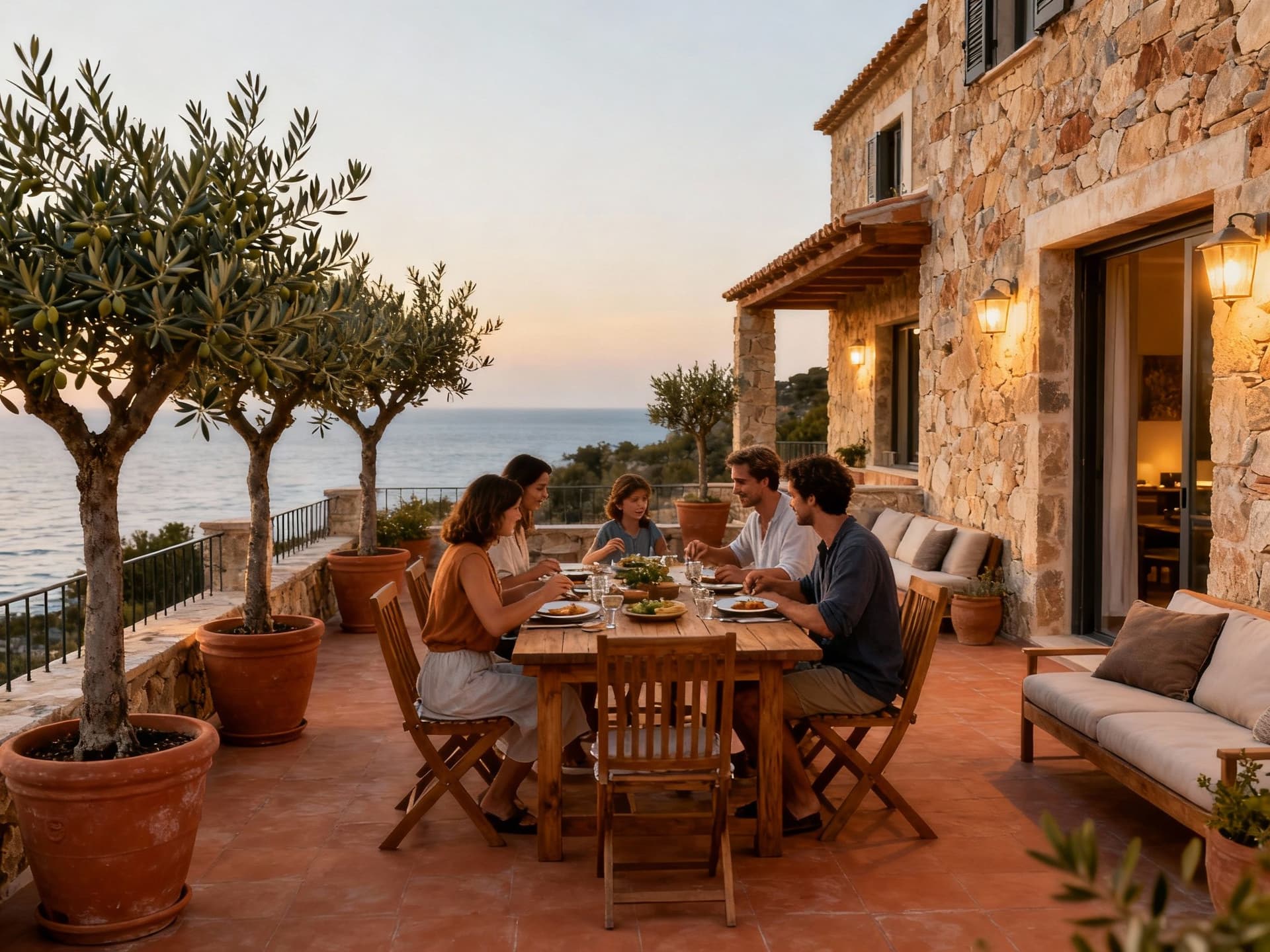
Lifestyle desire must be married to a sober assessment of costs and process: a typical transaction will involve due diligence, a notary‑certified contract, registration in the land register and settlement of transfer taxes or VAT where applicable. Recent government guidance confirms a standard real‑estate transfer tax of 3% when VAT is not charged, while new‑build purchases may carry VAT instead—an important distinction that alters headline costs and insurance underwriting thresholds. Work with a lawyer and a reputable local agent to confirm which regime applies to each property.
Property styles and what they offer
Traditional stone houses, mid‑century apartments and contemporary new‑builds each carry distinct implications for protection and upkeep. Stone dwellings require specialist surveys for rising damp, roofing and masonry consolidation; modern developments favour comprehensive warranties and clearer utility records. Insurance premiums reflect these differences: older constructions often need bespoke cover for structural defects and artisan restoration work, while new developments benefit from builder’s guarantees and clearer liability chains.
Working with local experts
A measured team—local lawyer, notary, surveyor and an agent familiar with regional customs—reduces risk. Non‑EU nationals should be aware of reciprocity provisions and possible Ministry of Justice approval; EU citizens enjoy simpler pathways. Your advisor will secure an OIB (tax ID), check the land register for encumbrances and verify whether the sale is subject to VAT or the 3% transfer tax. These are not formalities but determinative steps for tax planning and insurance placement.
- Practical checklist for protection and insurance
- Obtain a full land‑registry extract (ZK) and cadastral map to confirm boundaries and easements.
- Commission a structural and moisture survey for older stone properties before signing.
- Clarify whether the purchase attracts VAT (25%) or the 3% transfer tax—affects cash flow and tax reporting.
- Request insurer references and a summary of exclusions—flood, subsidence, salt corrosion and rental occupations are commonly restricted.
Insider knowledge: what expats wish they'd known
Experienced expats will tell you the same things: local relationships speed processes, seasonal realities change cash‑flow expectations, and modest municipal charges (komunalna naknada) vary by town. Recent tax reforms have shifted attention to property taxation and municipal rates, making long‑term ownership less predictable in some coastal hotspots. Accounting and insurance advice tailored to your residency status and intended use—primary residence, second home or rental—pays dividends.
Cultural integration and daily life
Practical living in Croatia rewards curiosity: learn basic Croatian phrases, join local market mornings, and accept the seasonal ebb of services in smaller towns. Neighbourhood trust is important—local craftsmen, municipal clerks and the parish priest often become practical allies when arranging repairs, licences or clarifying utility responsibilities. For many buyers this social capital is as valuable as formal insurance, because rapid, local solutions mitigate damage and cost.
Long‑term stewardship and exit considerations
Think generationally. New legislation aimed at stabilising housing markets and taxing vacant stock may alter holding costs; properties adapted for long‑term rental tend to receive favourable treatment. If resale is part of your plan, note capital‑gains rules and holding‑period exemptions. Good insurance and rigorous documentation of restorations enhance market confidence and simplify future sales.
- Step‑by‑step protection plan
- Engage a Croatian lawyer to obtain an OIB, check ZK extracts and confirm any Ministry approvals required for non‑EU citizens.
- Commission condition and pest surveys; obtain written cost estimates for recommended repairs and include them in contract negotiations.
- Secure building and contents insurance with explicit cover for coastal perils if applicable, and arrange liability cover for short‑term letting where intended.
- Confirm tax treatment (VAT vs transfer tax), register property correctly and retain all invoices for tax and warranty purposes.
- Plan annual reviews: reassess insurer terms, local tax changes and maintenance schedules each year to protect value and lifestyle.
- Typical exclusions to watch for in Croatian insurance policies
- Flood and coastal erosion may be excluded or require a separate endorsement; check for tidal and storm surge language.
- Wear and tear, gradual damp, and defects in workmanship often sit outside standard policies—budget for specialist remedial cover where necessary.
- Business‑use exclusions can affect short‑term rental income claims; ensure hospitality activity is declared to underwriters or arranged through a company structure.
Conclusion: the life and the ledger
Croatia offers a measured combination of cultural depth and practical modernity: a life of markets, sea air and crafted interiors balanced against a transparent legal process and evolving tax landscape. Protecting that life requires deliberate steps—rigorous due diligence, clear insurance placement and accurate tax treatment—so that a beloved stone house or city apartment remains both an aesthetic refuge and a sound investment. Begin with local counsel and an agent who appreciates provenance; the right team will translate lifestyle aspiration into durable stewardship.
Dutch former researcher who moved to Lisbon, specialising in investment strategy, heritage preservation, and cross-border portfolio stewardship.
